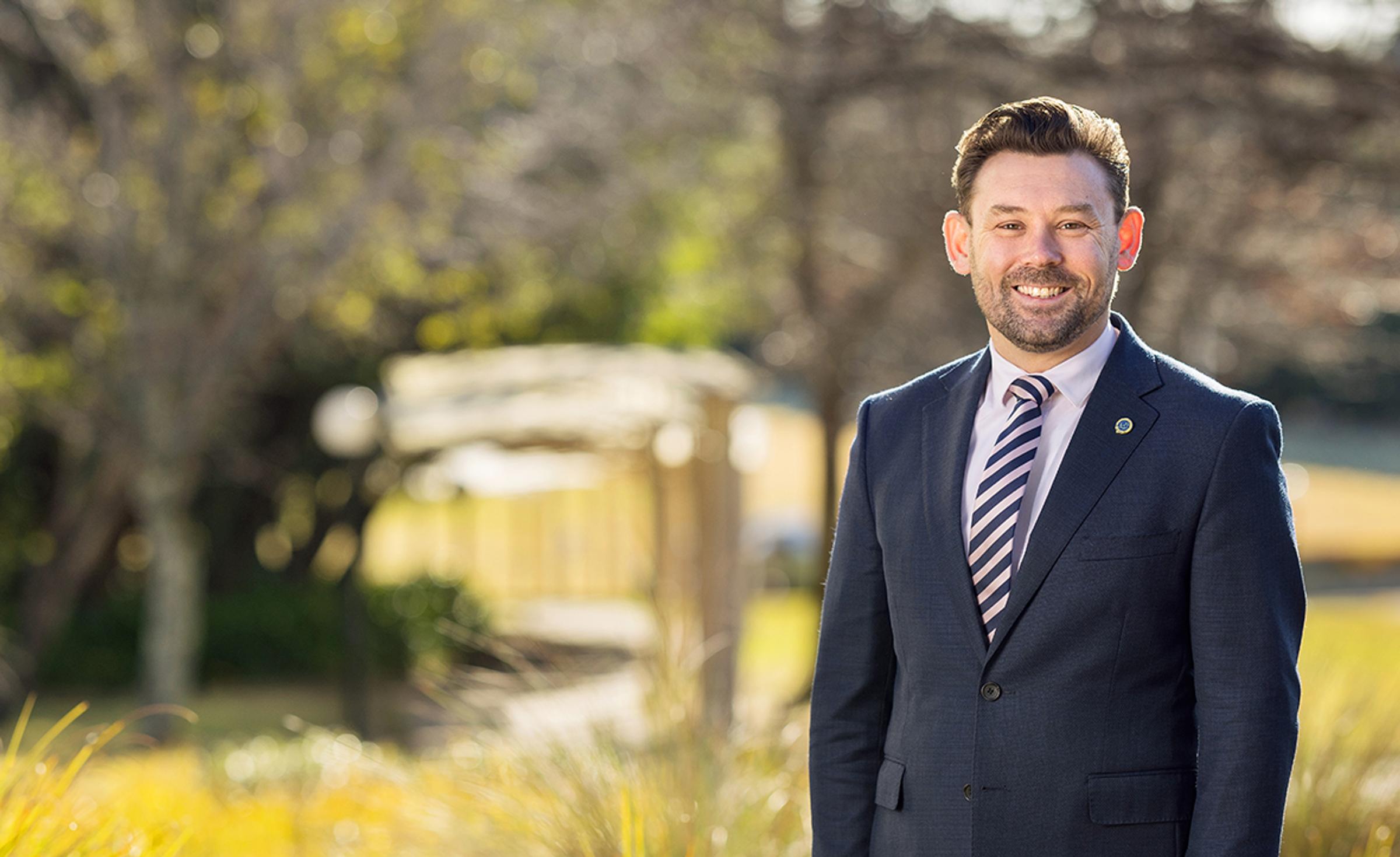From the Director of Strategic Initiatives

When the Evidence Raises More Questions Than It Answers
A very significant part of my work at the moment is working with others as we build out the Strategic Transformation Project. We are looking closely at learning, and at a time when there are so many contradictory messages about ‘what works’ in education, we need to think about what makes learning at BMGS so unique.
Glenn Savage (Associate Professor of Education Policy and the Future of Schooling, University of Melbourne) recently wrote ‘Never in the history of Australian education have school leaders had access to such a dizzying array of research evidence. Every day it seems there is a new report, toolkit, TED talk, framework or professional learning opportunity promising to tell educators “what works” to improve our schools. I can certainly attest to that. We often see case studies, examples, and models which offer up alluring evidence, the subtext of which is that the answers to the complexities of schools are just out of reach; with the next quick fix, all things can be remedied.
However, as Savage points out, we have had decades of research, increased funding and interventions and yet the results have not been as we hoped. We see challenges with attendance, engagement and performance as well as complexity with wellbeing, technology use and declines in literacy and numeracy. So, we must then ask, if the “what works” logic really does work, then surely we would have seen vast improvements by now? The problem is, broadly speaking, we haven’t. There have been pockets of improvement and areas where the system has made great gains, but overall we are not seeing what we expected. This is seen through significant bodies of research and is acknowledged at a state and federal level.
So let’s explore why this may be.
Savage refers to ‘alignment thinking’ which is massaging schools to a single shape where we act out what has been successful in some very localised studies. With the best of intentions, we logically follow the paths that led others to success.
Surely, if it worked for them, it will work for us?
In this structure we lose something critical. That is, the judgement, insight and professionalism of teachers who know their content and how to teach it, as well as their students and how they learn. Essentially, teachers are repositioned as technicians who implement a process in an industrial-style model, rather than adults who are highly interpersonal and insightful.
Is this an argument against using evidence-based practices? Certainly not. We do not send them into the bush hoping they will learn multiplication through osmosis or good luck, nor do we give them a Bunsen burner and hope for the best.
It is calling for what we need more and more of in schooling, which is clarity, reflection and contextualisation. The personality and needs of our students and community are multi-faceted and we misunderstand human creativity, diversity and the conditions needed to produce flourishing in its different forms when we try to replicate ‘what works’.
Indeed, I have written about AI a number of times recently and if in schools we are to become simple technicians of pre-devised actions, then I think we are little better than AI. Instead we need to be digging purposefully into the deeper questions of flourishing and healthy human ecosystems.
I’ll be writing about the four areas that we should be focusing on next fortnight.
Christopher Sanders
Director of Strategic Initiatives
